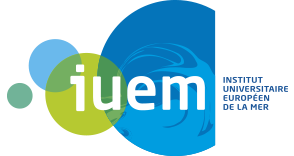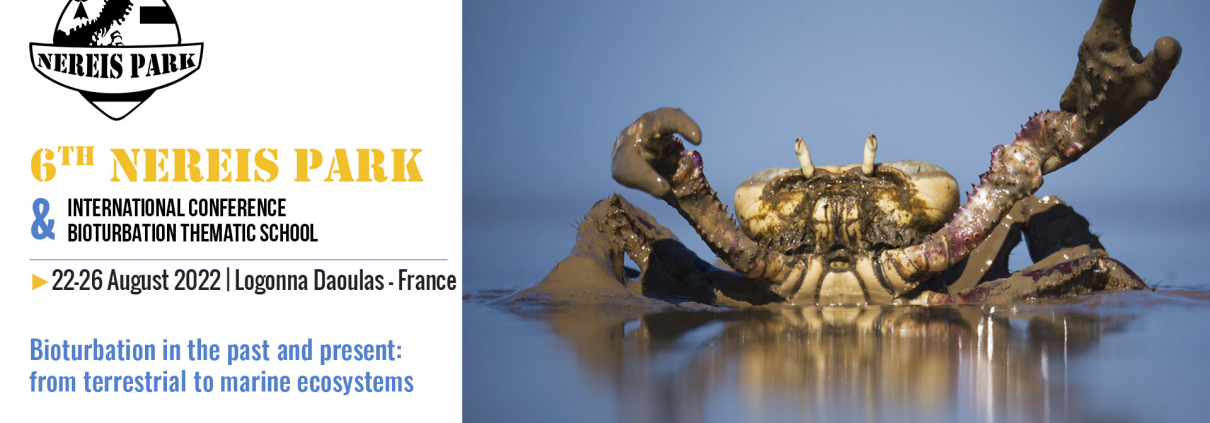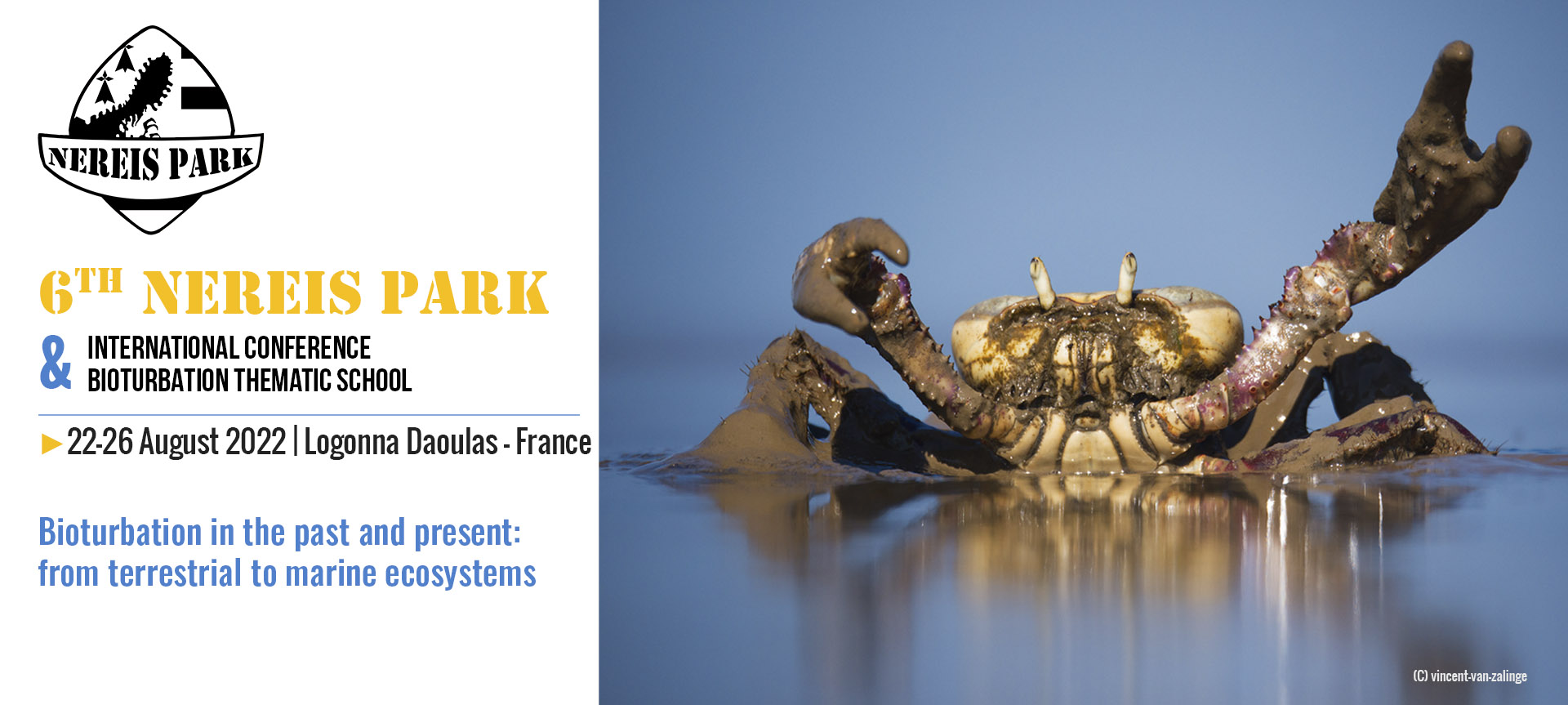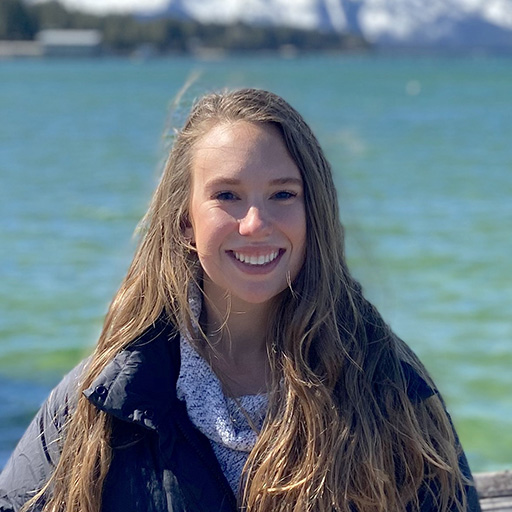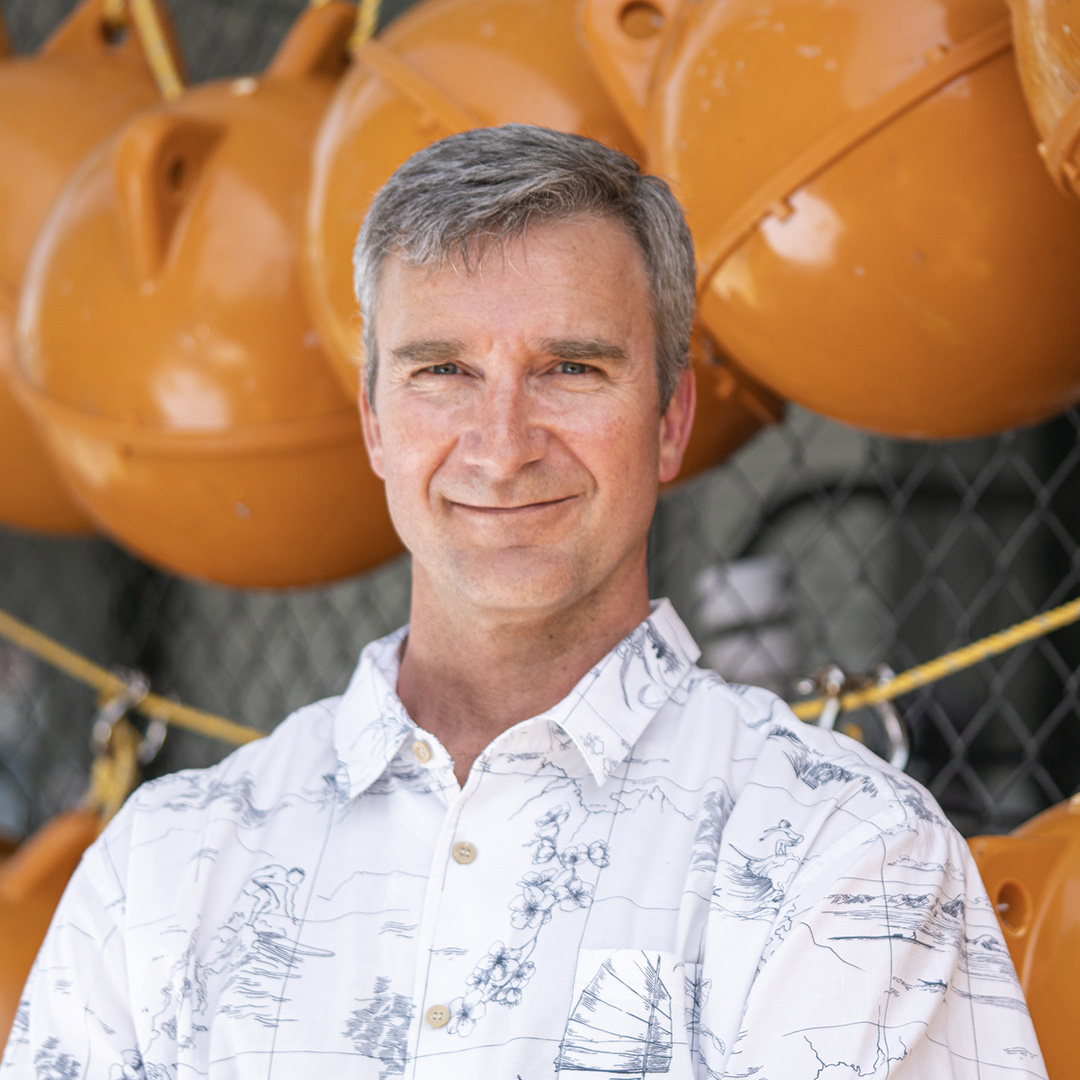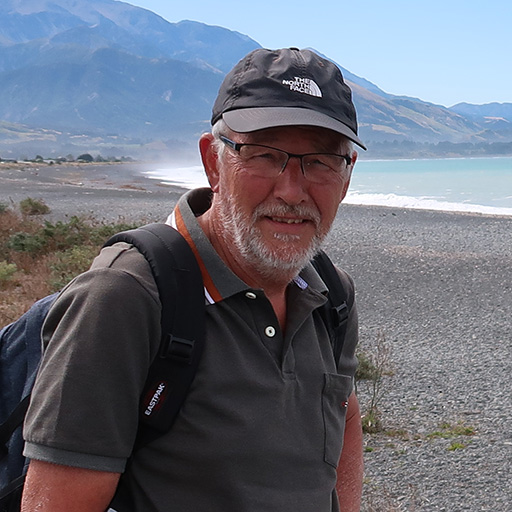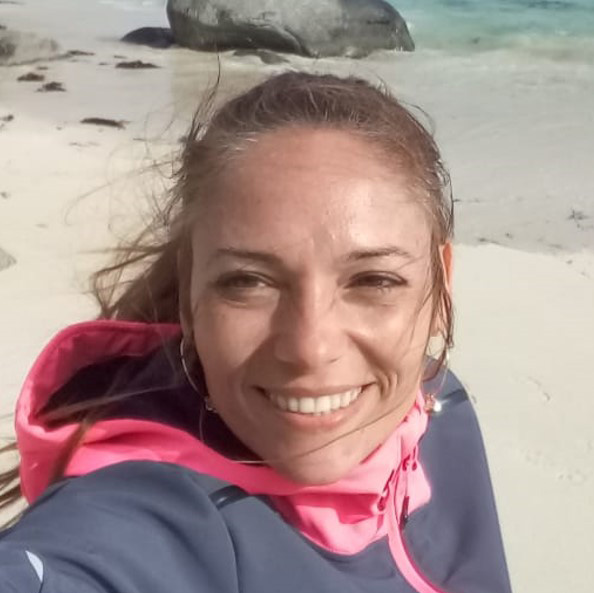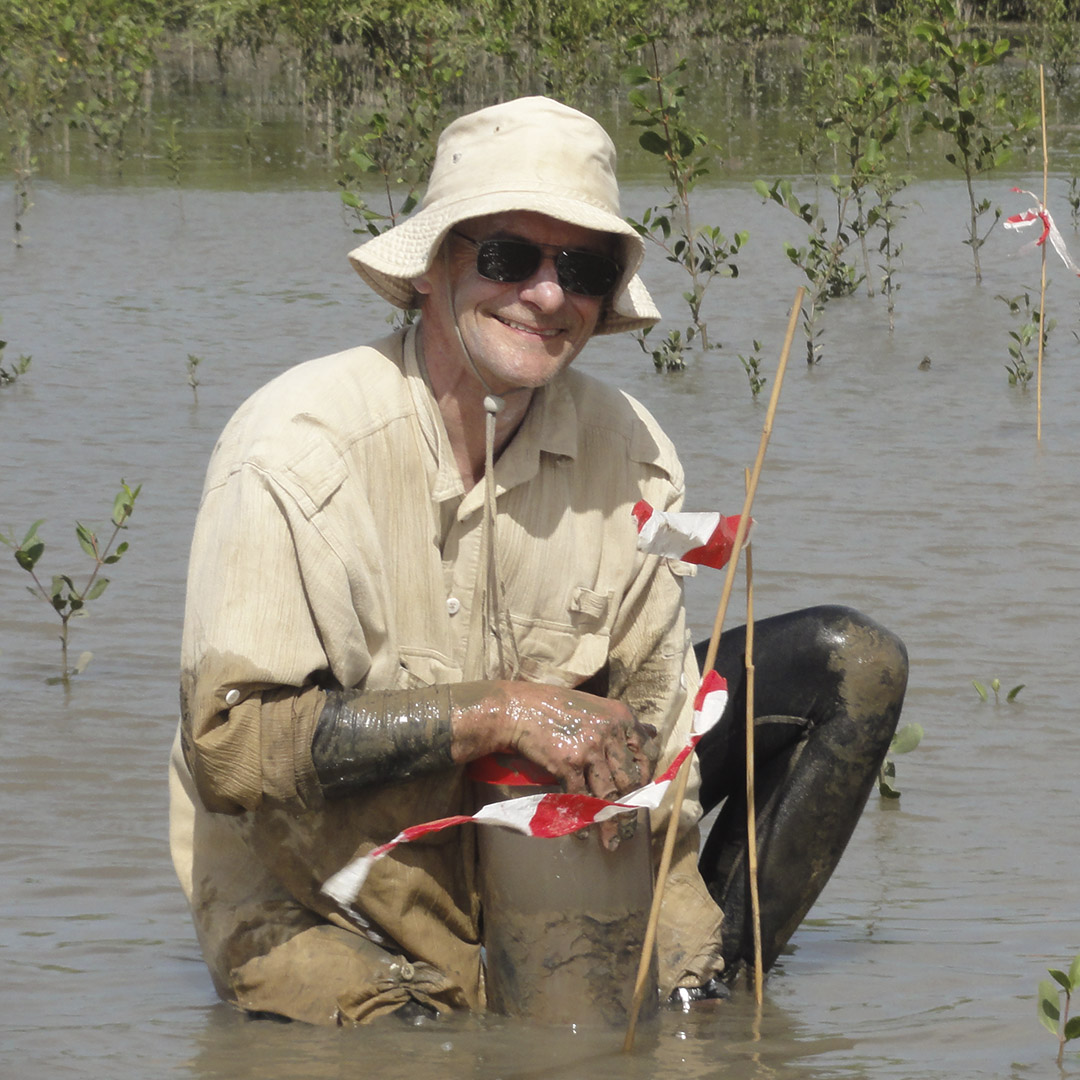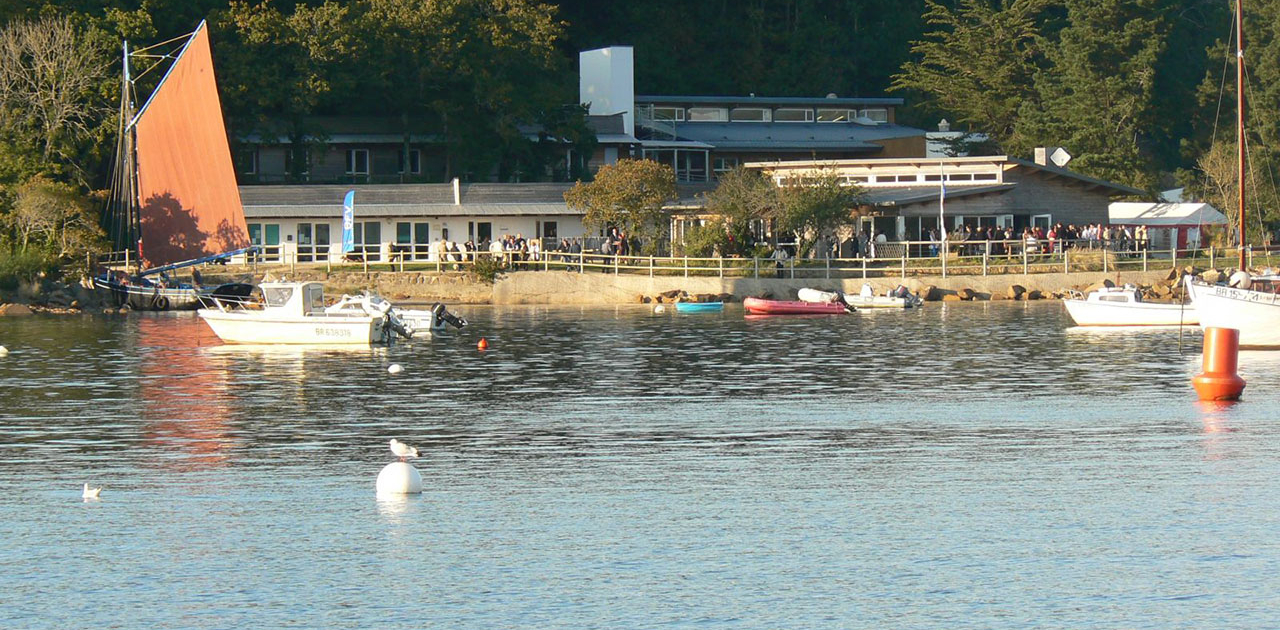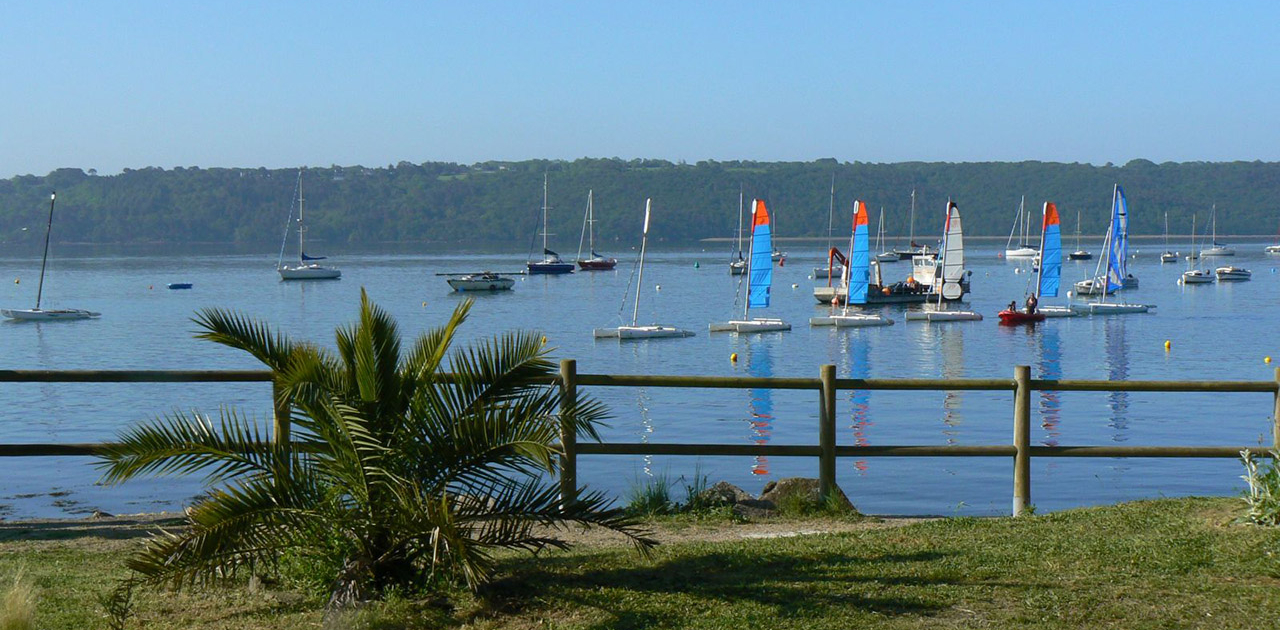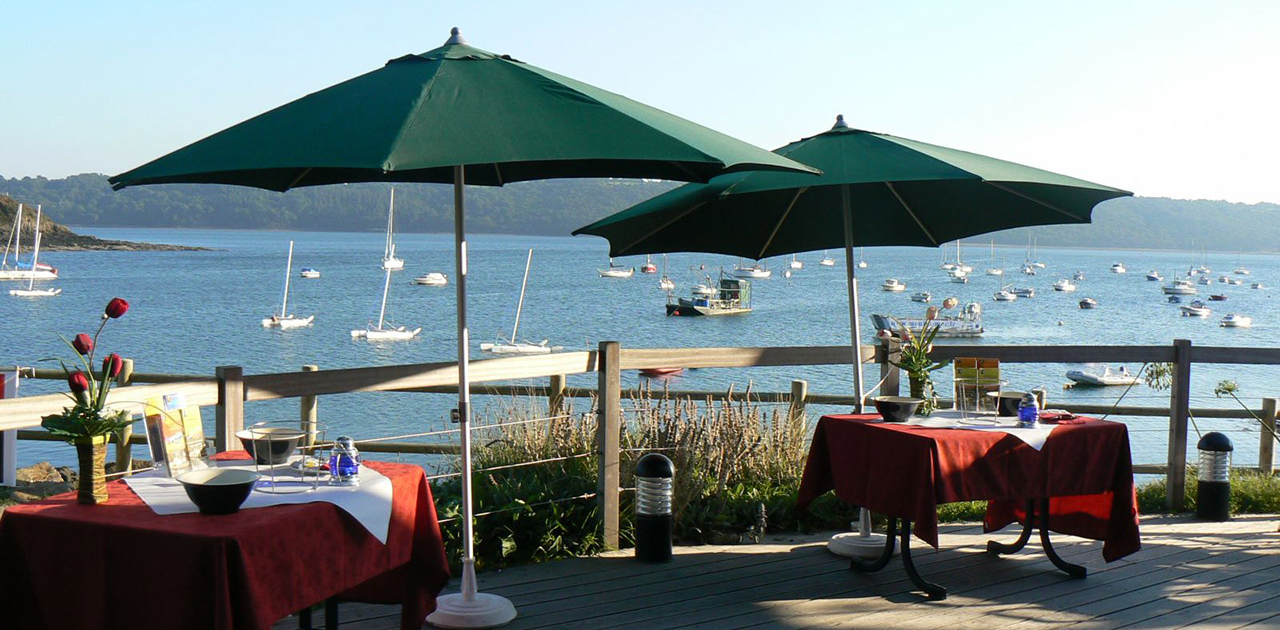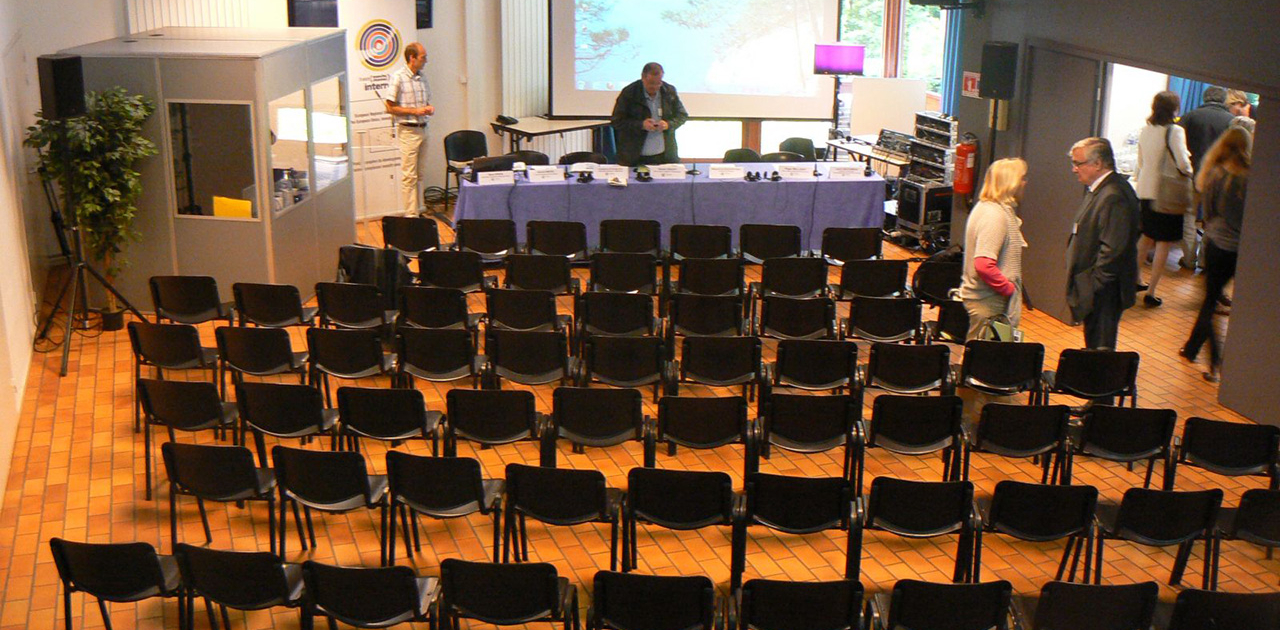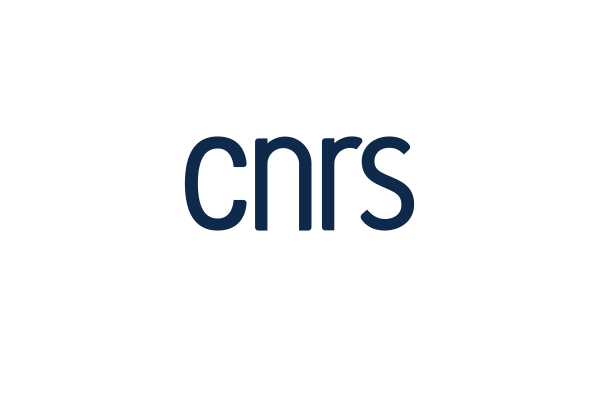One Ocean Summit University
The city of Brest has been chosen to host, from February 9 to 11, 2022, an international summit dedicated to the protection of the ocean, the One Ocean Summit. This event, organized within the framework of the French presidency of the European Union, will be the occasion for forums and workshops of world experts in the field and will close with a meeting of high-ranking political leaders. The workshops are expected to produce calls for action and the summit will make commitments to strengthen international ocean governance.
At the request of Olivier Poivre d’Arvor, French ambassador of the poles and maritime issues in charge of the organization of the summit, the Brest University (UBO) is taking the initiative to mobilize its cooperating networks for a contribution of young researchers to One Ocean Summit. This initiative is included in the official program of the summit under the name of One Ocean Summit University. It is structured around three key moments:
- upstream, a pool of young international researchers in marine sciences will be formed and consulted on the maritime issues addressed at the One Ocean Summit;
- the summaries of this work and recommendations will be represented at the event in Brest by ambassadors of the One Ocean Summit University;
- then downstream, this pool of young people will be able to continue the dynamic as a global think tank.
In order to fulfill this ambition, a compilation of the different contacts throughout UBO’s networks and on-going projects has already started. Following its creation, this set of network contacts will form a “convention” of young international researchers (students or professional) that will be led by the project team.
The objective here is to use a participatory approach to synthesize the broad the expertise and dynamics represented by the One Ocean Summit University in order to articulate common themes regarding the issues of research and research training in the context of the United Nations Decade of Ocean Science for Sustainable Development. The goal is to produce actionable recommendations and a call for actions.
These recommendations will be presented in the thematic workshops of the One Ocean Summit by a panel of ambassadors of the One Ocean Summit University.
Following the meeting, UBO will work to ensure that this group of young researchers continues this work and take part in various initiatives and international meetings such as the United Nations Ocean Conference to be held in Lisbon from June 27 to July 1, 2022.
You want to join the One Ocean Summit University?
- Check the topics of the One Ocean Summit workshops and select one you want to contribute to,
- Contact the project team and be ready to contribute,
- Join a group of young researchers at your place or with your international network to produce your contribution to the One Ocean Summit.
Organizing team
- Yves-Marie Paulet, European Marine Board Member, Brest University Vice-chair for Marine Science (UBO), European Institute for Marine Studies (IUEM), France
- Denis Bailly, coordinator of the Ocean University Initiative, Brest University, European Institute for Marine Studies (IUEM), Brest University (UBO), France
- Romain Le Moal, One Ocean Summit University officer
